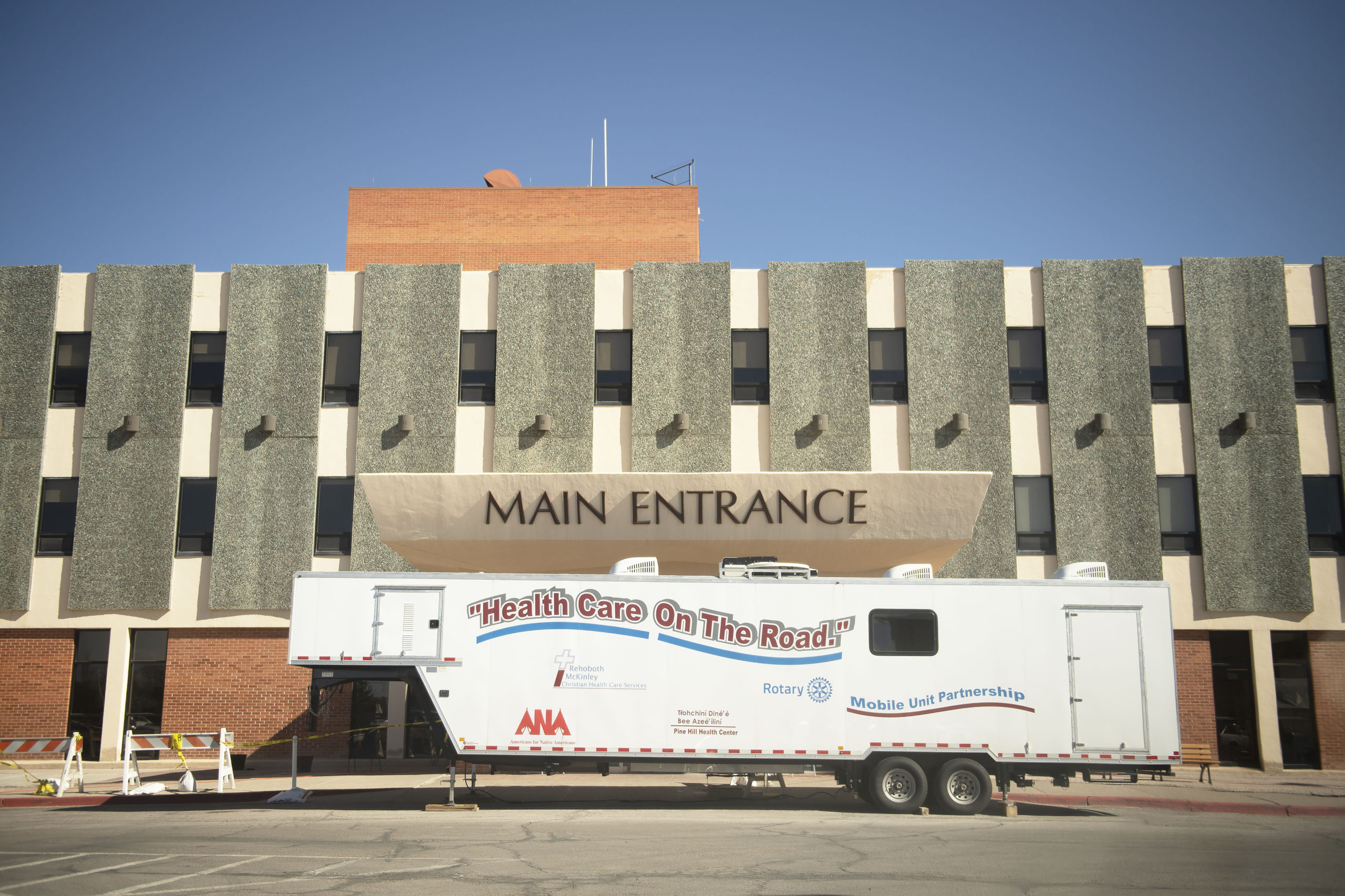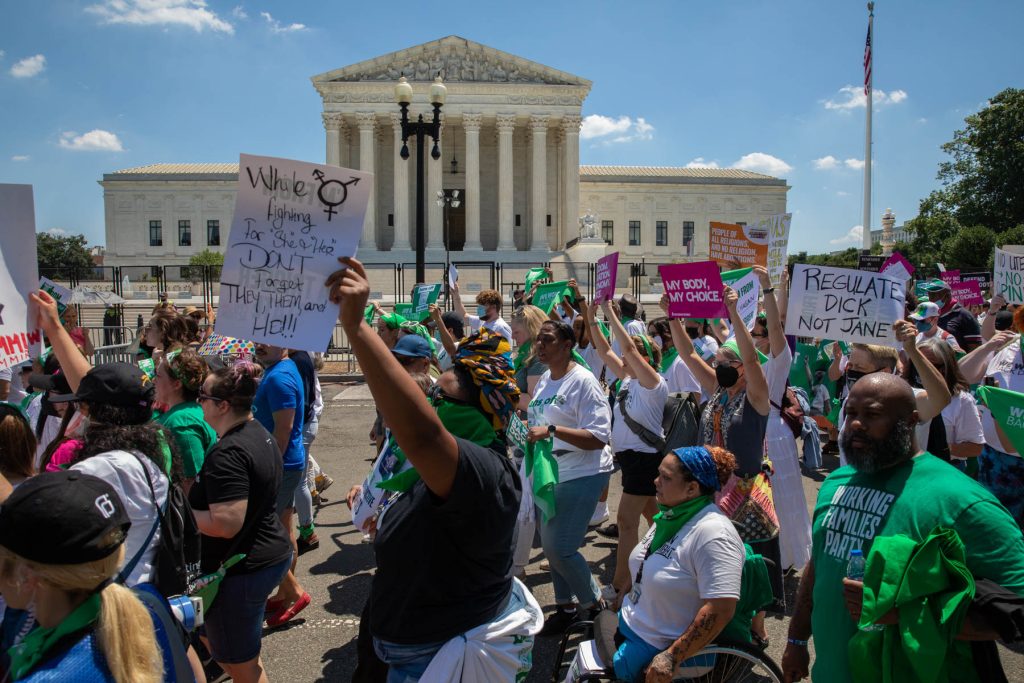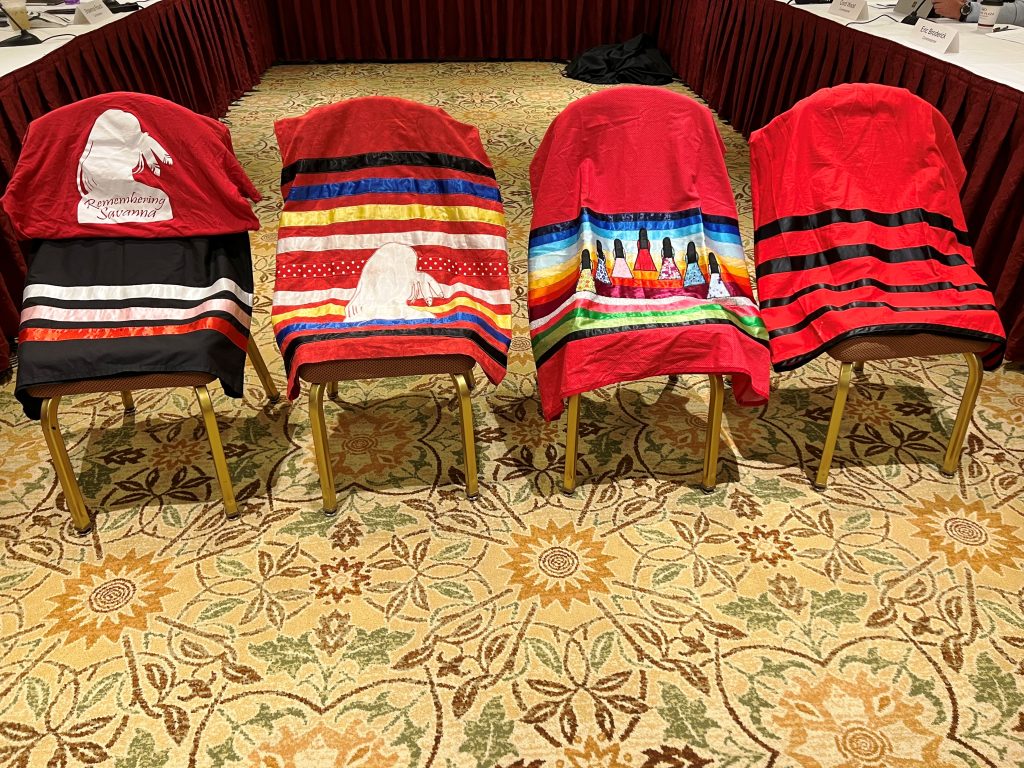GALLUP – In the past two weeks, one COVID-19 patient died following what several staff physicians described as gross mismanagement by health care workers at Rehoboth McKinley Christian Hospital. Another patient suffered severe brain damage when a ventilator was improperly adjusted, according to those same physicians. And the hospital’s critical care doctor, the only critical care physician in McKinley County, resigned, citing patient safety concerns.

On May 5, an ad-hoc group of staff providers at the hospital, formally known as Rehoboth McKinley Christian Health Care Services, unanimously voted to submit a declaration of no confidence in Rehoboth CEO David Conejo. The group, which formed this spring to protest conditions, followed up with a warning letter to the hospital board.
The letter charged Conejo with creating an unsafe working environment, failing to effectively communicate, promoting a lack of transparency and poor fiscal management.
“The board members should understand that they are ultimately responsible for breaches in their fiduciary obligations to the hospital system by allowing the CEO to create unsafe working conditions,” the health care workers wrote.
The staff accused Gallup’s second largest hospital of questionable leadership decision-making that led to severe staff shortages, a Searchlight New Mexico investigation found. Interviews with six doctors, three nurses and other caregivers, and a review of internal emails and written complaints, reveal a hospital in disarray.
Three physicians contacted by Searchlight agreed to go on the record in tandem. They are Chris Hoover, a urologist now directing the allocation of ventilators; Neil Jackson, a family medicine doctor now working in intensive care; and Andrea Walker, chief of obstetrics and gynecology.
“Our hospital has not been safe in recent weeks,” they said in a collective interview. “And to not be transparent about this is medically unethical. We’re working incredibly hard on the front lines but due to management’s poor choices, we’re left without the tools we need to fulfill our obligations to the community.”
Critically understaffed for weeks —while treating between 15 and 20 patients sick with COVID-19 — the private nonprofit hospital is faltering just as Gallup weathers a surge in coronavirus cases.
A 60-bed hospital with an eight-bed intensive care unit, Rehoboth has been operating far below minimum standards on nurse-patient ratios, Searchlight found. National nursing guidelines recommend that hospitals maintain one nurse to every three patients in most settings, with acute-care units requiring a one-to-one or one-to-two ratio.
In recent weeks, Rehoboth has assigned one nurse to every two or three critical care patients and one nurse to up to seven patients in other units, said Val Wangler, the hospital’s chief medical officer. One nurse, who asked for anonymity, told Searchlight that she was alone during one shift in late April — the only nurse on a unit with nine patients.
Others had similar concerns. A labor and delivery nurse, assigned to an ICU filled with six patients, “plus new admits,” said in an email to staff physicians that she was overwhelmed and unable to respond to nonstop call lights.
“I can say that I have never before in my career walked past a call light or intentionally ignored call lights in order to get through my day,” wrote the nurse, who asked to remain anonymous. “I did this all day on Wednesday.”
She added: “I am seeing images of helpless, desperate elderly patients tangled up in their beds and looking at me begging for help … I have this feeling that I will enter a room and find a patient dead.”
Conejo did not respond to requests for comment. Replying on his behalf, Rehoboth’s public information officer wrote: “COVID-19 is a new challenge for everyone. We are learning every day and our staff is working very hard to provide the best care possible for our COVID-19 patients.”
Navajo Nation under siege
Located at the edge of the Navajo Nation — where the coronavirus infection rate is one of the highest in the nation— Gallup has become an epicenter for the scourge. The city serves as a major shopping and medical hub for Navajo, Zuni and surrounding tribal communities, increasing the potential for widespread transmission. As of May 6, the Navajo Nation had reported 2,654 confirmed coronavirus cases and 85 deaths.
On May 1, Gov. Michelle Lujan Grisham invoked an emergency declaration that closed all roads in and out of Gallup.
The city’s two hospitals, Rehoboth McKinley and Gallup Indian Medical Center, sit directly across the street from one another on Hospital Drive. The latter, a federal facility run by the Indian Health Service, serves enrolled members of federally recognized tribes, leaving Rehoboth as the only hospital within 100 miles that is open to the general public.
Private rural hospitals everywhere are struggling to maintain staff while losing revenue. They rely on privately insured patients and elective surgery to stay financially afloat. Rehoboth relies heavily on elective surgery for hospital revenues.
That all came to a stop on March 25, when the governor temporarily ordered a halt to all elective surgery in New Mexico.
That same week, the hospital terminated the contracts of 17 nurses, most of them working in the emergency room and operating room. On April 1, four hospital physicians delivered a letter to the administration, demanding to know what steps it would take to maintain patient care standards and safe staffing levels.
Financial decisions
Conejo responded with his own series of memos and emails, arguing that because the hospital could no longer depend on elective surgery, the cuts had become financially necessary.
“We are making difficult decisions, which will secure both our short- and long-term futures,” Conejo wrote in an email to staff on April 6. “Yes, we have reduced a number of contract nurses and we have asked some physicians and their teams to accept adjustments, due to the state’s mandate to stop all non-essential surgical procedures.”
During one communication with staff, Conejo emailed a budget document that listed his annual salary of $674,481. In an accompanying document he wrote that he “plans to give at least $50k in this current effort” and that he “generously gives of personal time and money to feed and clothe the poor.”
Nine days later, on April 15, Conejo again emailed staff, this time to say that the hospital had received nearly $3 million in federal aid and expected to receive at least another $11 million in federal loans.
He did not mention any plans to use those funds to address staffing shortages. By then, Rehoboth had lost even more workers — 30 employees had tested positive for COVID-19, including 10 nurses.
The medical staff was outraged by what they called a lack of foresight by the CEO. “At that point, management left us dangerously short-staffed and expected our nurses and medical assistants to work harder and for longer in areas outside of their expertise,” said Hoover, Jackson and Walker. “There were errors happening that should never occur in any medical setting.”
“Life-altering errors”
According to two physicians who spoke to Searchlight, a COVID-positive patient spent the night of April 26 on a maladjusted ventilator. The equipment, which pushes oxygen to the lungs, had slipped out of the trachea and was resting in the patient’s mouth, rendering it useless for hours. The patient died in the following days.
An April 27 email from a doctor called for a peer review of the case and indicated that the medical staff had “grossly mismanaged” the ventilator.
“Staff insufficiently trained to manage critically ill patients, compounded by old equipment contributed to serious, life-altering errors in two patients in the last month,” a patient safety officer reported in a statement to administrators.
Many of the nurses and doctors on duty were unprepared to care for such patients suffering from acute respiratory distress, according to several staff physicians. They blamed system inefficiencies, outdated equipment, a poorly trained support staff, and an administration that negligently failed to recognize and address the severity of the problems.
Many of the physicians and nurses had been hired by the hospital through remote staffing agencies, doctors said.
Rajiv Patel, the hospital’s only critical care doctor, said he had become disillusioned with the inexperience of temporary staff and safety issues by late April.
“It became clear to me that I could not safely keep and take care of critically ill, and especially ventilated COVID-19 patients,” said Patel, who worked extended shifts almost every day for more than a month.
“Soul-crushing” workload
By April 28, Patel and numerous colleagues had fashioned an agreement requiring that all ventilated patients at Rehoboth be transferred to better-equipped facilities around the state. Once that was finalized, Patel told the staff he was quitting Rehoboth. He said he remains committed to serving the communities of northwest New Mexico.
Since the end of March, when the hospital terminated the 17 nurses, it has hired only one new nurse and brought on no additional physicians, said Wangler. Across the street, Gallup Indian Medical Center has brought on seven physicians and 14 nurses on month-long voluntary assignments.
Nursing supervisors at Rehoboth are struggling to find more than three nurses per shift. For now, nurses describe an “untenable” and “soul-crushing” workload.
“We need help,” one nurse said. “We deserve better.”
Searchlight New Mexico is a non-partisan, nonprofit news organization dedicated to investigative reporting in New Mexico.






















